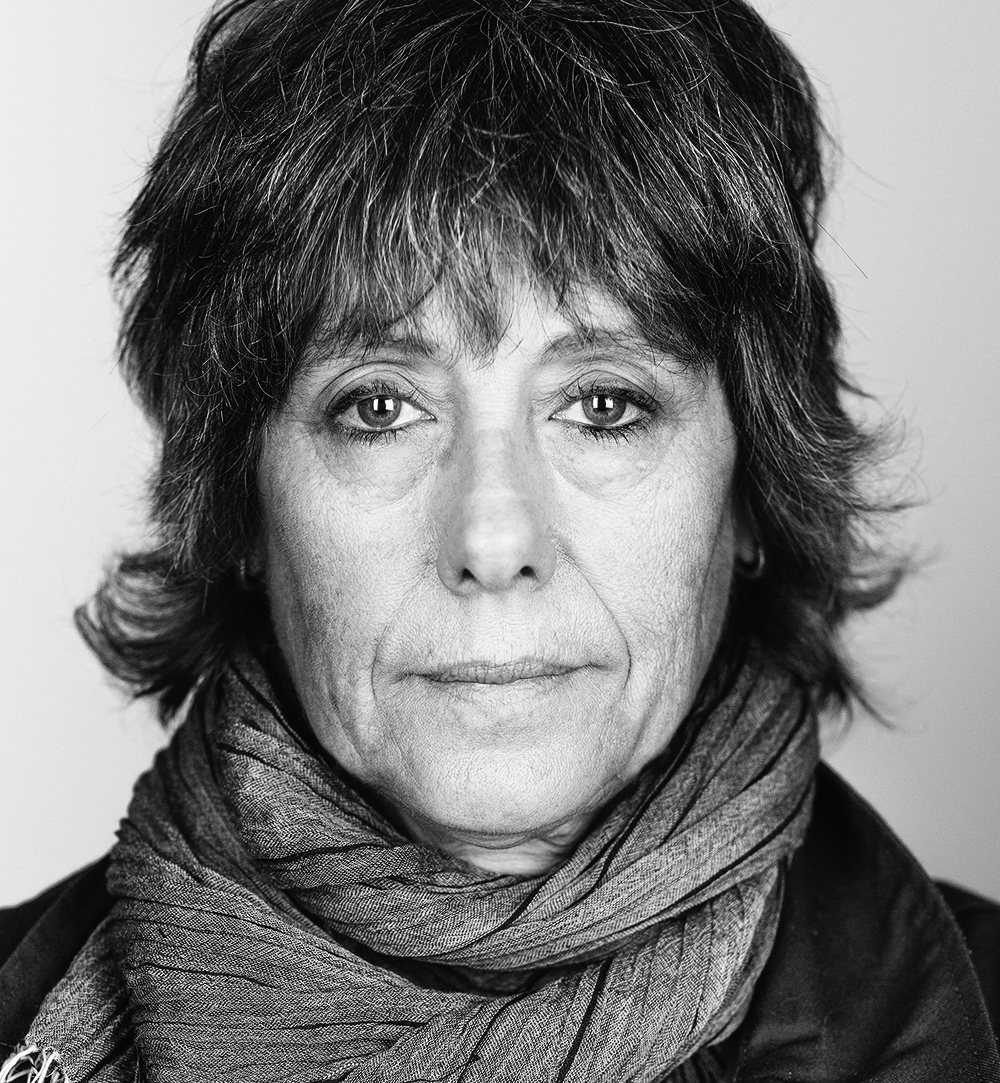Devastating evidence has been led at suspended Public Protector Busisiwe Mkhwebane’s Section 194 impeachment inquiry — including that she was investigating changes to the Extension of Security of Tenure Act 62 of 1997.
Testimony, led by advocate Nazreen Bawa, was also that Mkhwebane had hired, via her “legal adviser” Paul Ngobeni, a two-bit PR company headed by Professor Sipho Seepe and Kim Heller.
Their mission: to run a Bell Pottinger-like propaganda campaign attacking the judiciary, the President and certain Cabinet ministers — all paid for by taxpayers, through Ngobeni’s invoices to Seanego, Mkhwebane’s attorneys.
The committee also learnt that advocate Dali Mpofu had earned about R12-million in briefs from Seanego in his defence of various disastrous legal challenges that Mkhwebane has undertaken. The Public Protector (PP) blew R147-million in legal fees, R17-million of which went to her legal firm.
Continuing his testimony on Wednesday, Neels van der Merwe, the senior manager of Legal Services at the Office of the Public Protector, revealed that in 2016 Mkhwebane had asked for a research paper which included proposals for an amendment to section 25 of the Constitution.
Mkhwebane’s note, quoted in the affidavit, reads this should be done “to all access to Land [sic] as a means to economic emancipation, the Bill of Rights to be applicable to citizens and remove everyone since that includes even illegal immigrants? [sic]”
She also sought an update on Van der Merwe’s progress on, among other matters, the amendment of the Public Protector Act, “the Transnet matter” and “how to have full control of the Central Bank, section 223? (this will require benchmarking without the Central Bank)”.
It is clear that Mkhwebane was straying way outside her mandate.
On Wednesday, at the resumption of proceedings, Mkhwebane protested that she was being “held hostage” without representation. This was after Mpofu last week terminated some mandate or other which no one, not even his client, could explain.
Read on Daily Maverick: The show will go on — dirty tricks and playground insults aside — as Mkhwebane faces the heat
The show rolled on, however, with Van der Merwe taking the stand soon after the committee chair, Qubudile Dyantyi, administered some hard and fast boundaries for Mkhwebane, Mpofu and Seanego.
Dyantyi said that Mkhwebane, as the head of a Chapter 9 institution, was accountable to Parliament. There was no legal impediment to the hearing continuing, he said, adding that Mkhwebane should refrain from comparing herself to a “victim of GBV [gender-based violence]” as she had done earlier.
Holocaust denialist
Van der Merwe, who was appointed to head the PP’s legal services in August 2022, said on Wednesday that at the time — and with regard to Mkhwebane’s reference to the amendment to the Constitution which made it to her final CIEX/Reserve Bank Report — “I did not know what proposal was being referred to.”
He said the subject of the Reserve Bank had not been raised at “think tank” gatherings nor at any other internal meetings and he had sought clarity on the matter as he had not been briefed. Van der Merwe and the then senior manager of Legal Services at the Office of the Public Protector, Ntsumbedzeni Nemasisi, had been tasked with dealing with the proposal, he said.
Nemasisi, who occupied a position specifically created by Mkhwebane, has been implicated in strong-arming Public Protector officials into amending the Vrede Dairy draft report to remove the names of implicated ANC officials. This was after Mkhwebane had expressed her “displeasure” that the draft had not reflected “her instructions”.
Evidence was also led on Wednesday that Mkhwebane had consulted with Stephen Goodson — a Holocaust denialist and author of Hendrik Frensch Verwoerd: South Africa’s Greatest Prime Minister — who had worked on two proposals for a constitutional amendment with regard to the SA Reserve Bank.
Van der Merwe set out how he had tiptoed around the volatile Mkhwebane as it had been her proposal to dig up Goodson and he had not wanted to reject the idea outright, but still could not endorse it.
In 2012, Goodson, a former non-executive director at the SA Reserve Bank (2003-4) authored Bonaparte & Hitler Versus the International Bankers, proclaiming that Nazi economic successes, rather than “human rights issues”, had provoked World War 2.
Visit Daily Maverick’s home page for more news, analysis and investigations
Van der Merwe said at the time he had not been aware the PP had actually met Goodson, and had subsequently discovered that Mkhwebane had even promoted his book on Twitter.
In order to meet Mkhwebane’s demands, Van der Merwe said he had “embarked on comparative research of central banks and commenced drafting the paper”.
He said he had been under the impression that the paper was aimed at informing “the PPSA’s submission to the Constitutional Review Committee. It had nothing to do with the CIEX report, as far as I was concerned.”
The legal head said he had been informed by Nemasisi that a Private Member’s Bill by the late IFP MP Mario Ambrosini had contained the draft proposals Mkhwebane was so keen to study.
However, he had only discovered later that, in fact, it had been Goodson and his Ubuntu Party — which garnered only 8,000 votes in 2014 — who had drafted the proposals and not Ambrosini.
Writing to Nemasisi, Van der Merwe expressly stated his concerns about the “content and implications of the proposed amendments that we would be endorsing”. Doing this, he warned, would “pose a high risk” for the PP, “particularly in view of the fact that she is under close scrutiny”.
Mkhwebane’s release of the report in 2017 sent the rand plummeting and questions were soon correctly raised about its legality.
The PP released her report the same month the SA Reserve Bank had fined Gupta bankers, the Bank of Baroda, R11-million for a plethora of ethical transgressions.
Spies in the house
Mkhwebane’s move in 2016 from the State Security Agency (SSA) to the Office of the Public Protector raised red flags at the time.
The inquiry has heard evidence that her relationship with the SSA and its head, Arthur Fraser, was maintained after Mkhwebane took over the Chapter 9 institution. It continued after Fraser left the SSA to fill the post of National Commissioner of Correctional Services.
It was in this position that Fraser illegally granted former president Jacob Zuma medical parole in 2021 after his incarceration on contempt of court charges. The decision has been declared unlawful by the courts.
Mkhwebane’s former head of security Baldwin Neshunzhi gave earlier evidence to the inquiry that after he had erroneously been blamed for leaks, Mkhwebane had requested Fraser to “recall” him.
The PP had assumed Neshunzhi had been deployed to her office from the SSA, but this was not the case.
As late as 2019, Fraser, then the National Commissioner of Correctional Services, personally called Neshunzhi to inform him that the PP had complained to him about his “lack of support”, the inquiry has heard.
Mkhwebane has consistently denied that her CIEX/Reserve Bank report was compiled with the help of SSA agent Mahendra Moodley, who had also been part of a team working on an IT package for the PP.
PPSA investigator Tebogo Kekana has told the inquiry that in May 2017, in an email, Mkhwebane had requested “the SSA to provide input and economist [sic] to change the South African Reserve Bank’s constitutional mandate”.
It was Moodley who had provided this “input”.
Legal largesse
Millions of rands have poured out of the Office of the Public Protector under Mkhwebane’s tenure and the committee learnt on Wednesday just why the PP and Mpofu might have been keen to delay Van der Merwe’s testimony.
Breaking down the spread of the R147-million over the past six years, Bawa set out a tight legal circle with an A-list of high-powered clients.
Advocate Thabani Masuku, who represented Western Cape Judge President John Hlophe in his challenge to the finding by a Judicial Conduct Tribunal that he was guilty of gross misconduct, scored R4.5-million from the PP.
Jacob Zuma’s sometime legal representative, advocate Muzi Sikhakhane, was paid R4.7-million, while advocate Vuyani Ngalwana, who has represented Iqbal Survé’s Sekunjalo group, received R4.7-million.
Mkhwebane’s legal representative, advocate Bright Tshabalala, received R9.12-million. Then there is Mpofu’s R12-million.
Almost R4-million was spent by Mkhwebane defending her CR17 report, R3.4-million on sticking up for the Estina Dairy report, and R15-million in litigation against Minister Pravin Gordhan — by far the biggest chunk. She was defeated each time in court.
The committee heard that a number of cost orders against the PP have not been paid.
Bell Pottinger reloaded
The appointment of Professor Sipho Seepe and former EFF official Kim Heller by Mkhwebane came about after the PP terminated her brief with her previous attorneys in favour of Seanego, the committee heard on Wednesday.
But Seanego, judging from the evidence led, was in fact a Trojan horse for Ngobeni, who came with the expensive package alongside two pilot fish, Seepe and Heller. Ngobeni’s invoices were all channelled to the PPSA through Seanego.
PP Legal Services manager Muntu Sithole previously admitted to signing off on an R87,000 invoice for Ngobeni, which included R30,000 for two published articles critical of Cabinet ministers Tito Mboweni and Dipuo Letsatsi-Duba.
The committee will resume next Wednesday and adjourn on Friday until it resumes from 28 November to 9 December with the intention of convening for closing arguments on 23 January 2023.
The adoption of a draft report will hopefully occur by 17 February, after which Mkhwebane will have 20 days to consider, before the committee adopts its report on 29 March. DM





